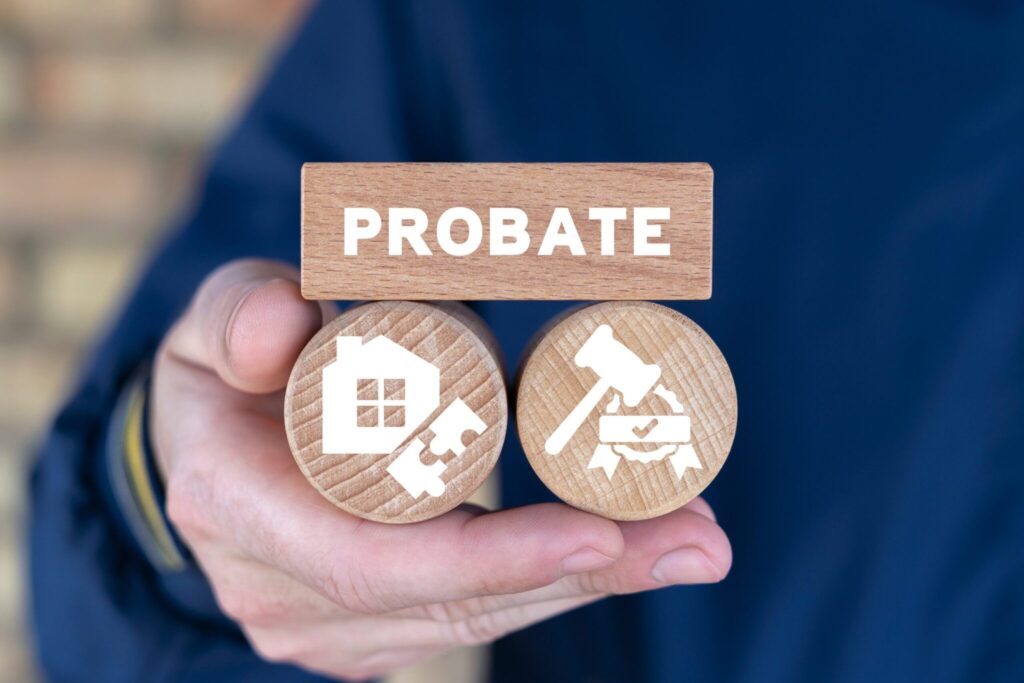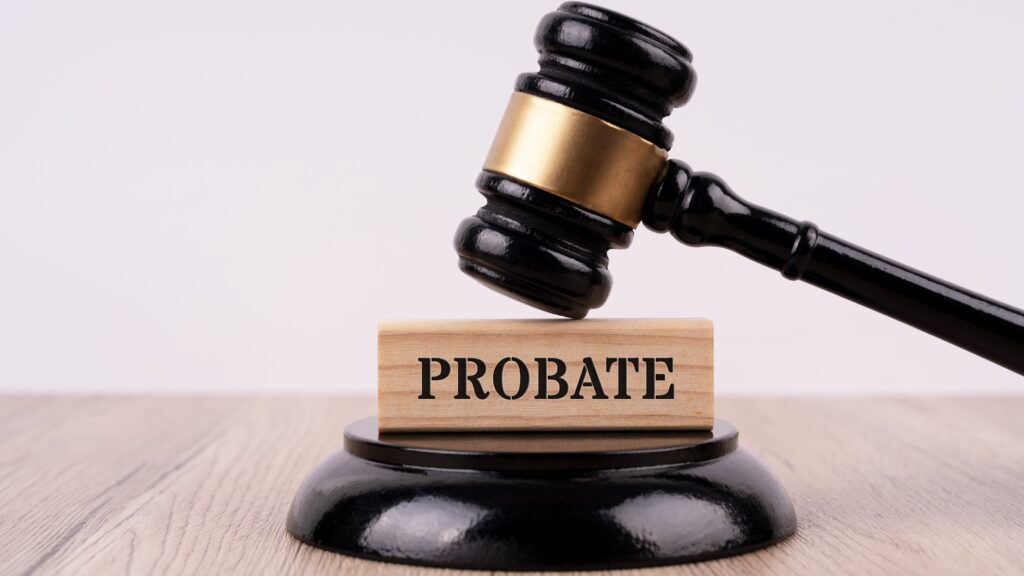Understanding the Texas Probate Process: A Step-by-Step Guide
The Texas probate process can seem daunting, but breaking it down into manageable steps can simplify the journey. Beginning with filing the will in the appropriate probate court, the process involves several key stages, including notifying heirs, inventorying the estate, and settling debts before distribution of assets.
To ensure a smooth probate experience, it's crucial to understand the timeline and requirements involved. For example, Texas law mandates that the executor must file the will within four years of the person's death, and specific documentation, such as death certificates and asset lists, will be necessary throughout the process.
Common Misconceptions About Texas Probate: Debunking the Myths
Many individuals harbor misconceptions about probate in Texas, often leading to unnecessary anxiety and confusion. One prevalent myth is that all estates must go through probate, while in reality, certain assets can bypass this process, such as those held in a trust or joint accounts with rights of survivorship.
Additionally, some believe that probate is an excessively lengthy process. While it can take time, especially in contested cases, many straightforward estates can be settled in a matter of months. Understanding these misconceptions can empower families to make informed decisions during a challenging time.
Executor Responsibilities in Texas Probate: What You Need to Know
Serving as an executor in Texas probate carries significant responsibilities that require careful attention. Executors are tasked with managing the deceased's estate, which includes gathering assets, paying debts, and distributing property according to the will or state law if no will exists.
Moreover, executors must adhere to legal requirements, such as filing necessary documents with the court and maintaining transparent communication with beneficiaries. Fulfilling these duties effectively is essential to ensure a smooth probate process and to minimize potential disputes among heirs.
Probate Alternatives in Texas: Exploring Your Options
While probate is a common legal process for settling estates, there are alternatives available in Texas that can simplify matters. For instance, small estates valued below a certain threshold may qualify for a simplified probate process, allowing for quicker resolution without the need for a full court proceeding.
Additionally, tools like living trusts can help individuals avoid probate altogether by transferring assets directly to beneficiaries upon death. Exploring these alternatives can provide families with more options and potentially reduce the time and costs associated with traditional probate.










